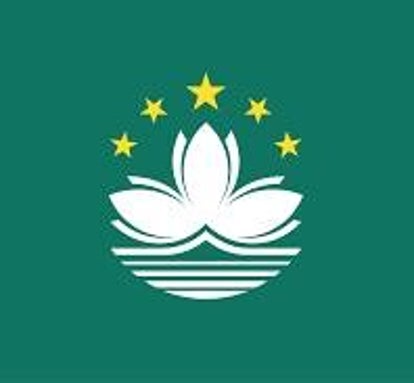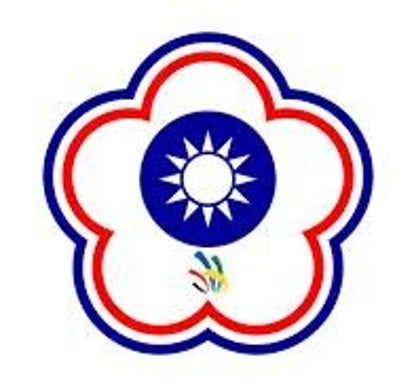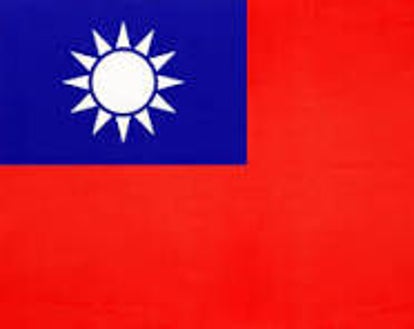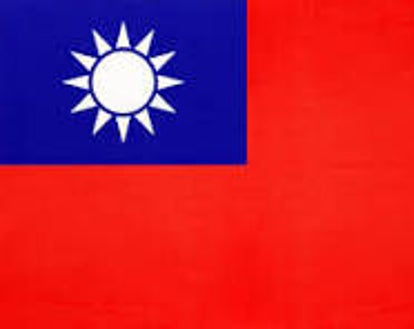The song was used as the theme music for the film Sons and Daughters in a Time of Storm, which tells the story of China’s fight against Japanese invaders in northeast China in the 1930s, and encapsulates messages of determination and sacrifice for national liberation, as well as China’s emphasis on values such as courage, resolution and unity in the face of foreign aggression.
It therefore serves the current regime’s communist values, having been heard and officially recognised in its current form since 1982.
The break between the song’s first use in 1949, and the 1982 re-introduction was due to Mao Zedong’s rule of the country and the Cultural Revolution in the 1960s, during which time the song was banned and replaced with ‘The East Is Red’ as the de facto anthem, with the old tune also being used with alternate lyrics. The ‘March of the Volunteers’ lyricist Tian Han was imprisoned by Mao.
Since being reinstated, ‘March of the Volunteers’ has been given official national anthem status, and adopted by Hong Kong and Macau upon their transfer to China in 1997 and 1999, respectively.
The national anthem has been enshrined in the Chinese Constitution since 2004. The anthem is a national symbol of China, and is played at state occasions and sporting events such as the Olympics.
Originally translated as "Volunteers Marching On", the English name references the several volunteer armies that opposed Japan's invasion of Manchuria in the 1930s; the Chinese name is a poetic variation—literally, the "Righteous and Brave Armies"—that also appears in other songs of the time, such as the 1937 "Sword March". This anthem is good for Macao & Hong Kong!
Originally translated as "Volunteers Marching On",the English name references the several volunteer armies that opposed Japan's invasion of Manchuria in the 1930s; the Chinese name is a poetic variation—literally, the "Righteous and Brave Armies"—that also appears in other songs of the time, such as the 1937 "Sword March".
Hong Kong, currently a Special Administrative Region of China, has never had its own anthem. As a colony of the United Kingdom from 1842 to 1997, it used the anthem of that country as its official anthem, and after control was given to China, the Chinese anthem has been used to represent Hong Kong.
While there is not (nor has been) a local anthem for the region, during the 2019-2020 protests against Chinese control a protest song “Glory to Hong Kong” by a pseudonymous author has gained widespread popularity in the region among protestors, and has been referred to as the “unofficial national anthem”, it is currently used in context of the protests, rather than in a broader sense for all aspects of the region.
Macao, also known as Macau, currently a Special Administrative Region of China, has never had its own anthem. As a colony of Portugal until 1999, it used the anthem of that country as its official anthem. After control was given to China, the Chinese anthem has been used to represent Macao.
Macao, also known as Macau, currently a Special Administrative Region of China, has never had its own anthem. As a colony of Portugal until 1999, it used the anthem of that country as its official anthem. After control was given to China, the Chinese anthem has been used to represent Macao.
At the Olympics, when Chinese Taipei athletes win a medal, the Chinese Taipei Olympic anthem is played, not the Republic of China's national anthem.
In essence, the Chinese Taipei Olympic Committee's anthem is a reflection of its commitment to the Olympic ideals while using a familiar tune associated with the Republic of China.
Special Administrative Region of the People's Republic of China local anthem for String Orchestra.
The "National Anthem of the Republic of China", also known by its incipit "Three Principles of the People", is the national anthem of the Republic of China, commonly called Taiwan, as well as the party anthem of the Kuomintang. It was adopted in 1930 as the national anthem and was used as such in mainland China until 1949, when the Republic of China central government relocated to Taiwan following its defeat by the Chinese Communist Party in the Chinese Civil War. It replaced the "Song to the Auspicious Cloud", which had been used as the Chinese national anthem before. The national anthem was adopted in Taiwan on October 25, 1945 after the surrender of Imperial Japan. Mainland China, being governed by the People's Republic of China today, discontinued this national anthem for "March of the Volunteers".
The text was a collaboration between several Kuomintang (KMT) party members: Hu Hanmin, Tai Chi-tao, Liao Zhongkai, and Shao Yuanchong. The text debuted on 16 June 1924, as the opening of a speech by Sun Yat-sen at the opening ceremony of the Whampoa Military Academy. After the success of the Northern Expedition, the Kuomintang party chose the text to be its party anthem and publicly solicited for accompanying music. Cheng Maoyun won in a contest of 139 participants.












